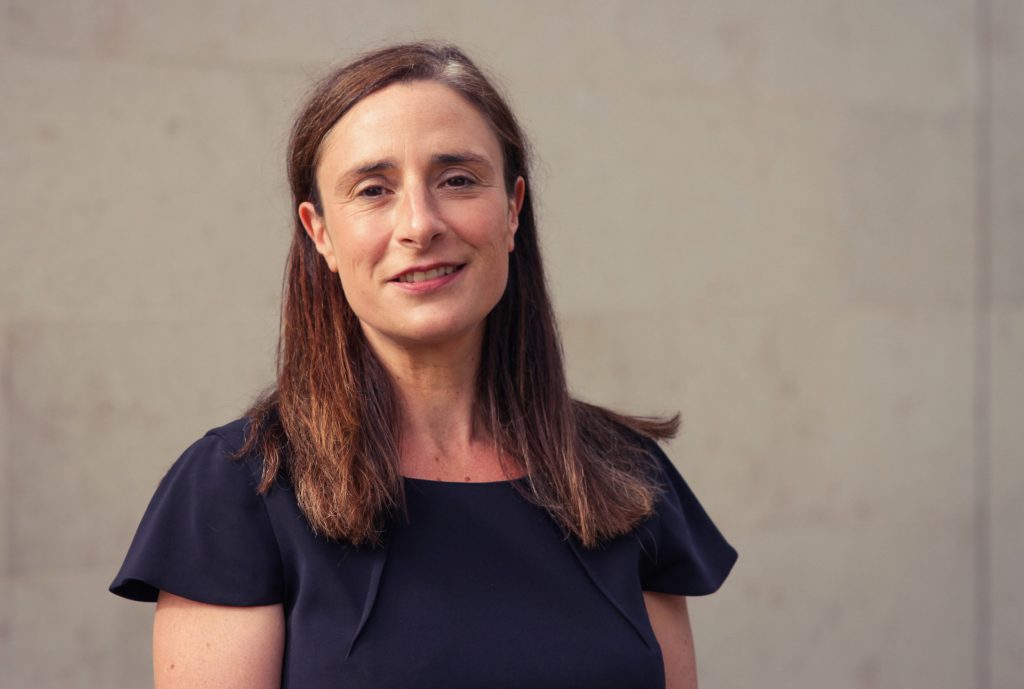
- On average, retired people should have emergency savings to cover 1-3 years’ worth of essential spending. For the average person aged 60 or over, this is between £16,680 and £50,040 (HL Savings & Resilience Barometer, July 2024).
- Among people who are already retired, only 56% said it was realistic to be able to expect to cover the cost of emergencies in retirement (Opinium survey of 2,000 people, April 2024)
Sarah Coles, head of personal finance, Hargreaves Lansdown:
“Your cash savings may not get much of a look-in during retirement planning: they tend to play second fiddle to your pension. However, if you’re not careful, there are five horrible mistakes you can wander into, so it’s worth knowing what you need, how you’re going to build the kind of nest egg that will protect you as you get older, and the best way to ensure it’s put to good use.
What you need
As a rough rule of thumb, you need savings to cover 1-3 years’ worth of essential expenses, in an easy access account. This gives you the freedom to cope with unexpected expenses that you can’t afford from your income. It’s designed to ensure that even if you’re hit with a number of them in quick succession, you can cover the cost.
Where you fall on this spectrum depends on your circumstances. If you have a generous guaranteed income from a final salary pension, you may have the wiggle room to save during retirement and cover some emergencies from your monthly payments. If you have a lower income, you may need more.
If you are taking money through income drawdown, meanwhile, and plan only to take the income from your investments, you may want to have plenty of cash in your emergency fund, so you can top up whatever you’re drawing at times when investments don’t produce as much as you need.
It also depends on what you consider essential – and how much you spend on those things. The HL Savings & Resilience Barometer found that those on the lowest fifth of incomes spend just £748 a month on the essentials, while middle earners spend £1,685.
Where to keep it
A significant chunk of this cash will need to be in easy access savings accounts and cash ISAs, so you can get your hands on it in an emergency. However, for money you won’t need for at least three months, you can consider fixed-rate accounts. These will guarantee a rate for the whole period of the fix, regardless of what the Bank of England does to interest rates. It often makes sense to fix portions of your retirement savings for different periods, to make the most of guarantees while also keeping cash accessible.
It’s worth considering an online savings platform, which lets you hold a variety of competitive accounts, and move money quickly and easily. It also allows you to spread your money across accounts from different banks. The FSCS will protect up to £85,000 held with each institution, so if you have more savings than this, you can put your savings into more than one bank, protect it all, and still manage it in one place.
Where to get it from
Ideally, as much of this as possible should be saved before retirement. It is a huge sum of money, but if you chip away at it over the decades, it can be manageable. By thinking of this as entirely separate to your pension, you can leave your pension invested at retirement, where it will work far harder for you.
In many cases, some of your emergency fund will come from tax-free cash. You can take 25% of your pension tax-free, which will enable you to top up your existing savings. However, accessing this money shouldn’t be done without serious consideration, because it will lose the ability to grow with your investments, and in many cases it will be leaving the advantages of a tax-efficient environment.
5 golden rules for taking tax free cash
- Don’t assume you have to take it all at once. You’re under no obligation to take anything at all at the age of 55. You can take it in chunks – as and when you need it.
- Don’t take anything without a plan. If you take too much cash from your pension before you need it, it’s easy to fritter it away.
- Consider the impact on your pension income later. Whether you’re planning to buy an annuity or draw a percentage of the pot, the more you take as cash, the lower your ongoing pension income will be.
- Don’t forget tax as you go along. You’re removing assets from a tax-free environment, so you don’t want to expose them to tax if at all possible. Consider using a cash ISA for the first £20,000 a year.
- Don’t forget inheritance tax. Money kept within a SIPP or pension is usually not subject to inheritance tax. Taking it from this environment and putting it into an ISA or bank account could potentially leave your family with a nasty surprise bill.”






